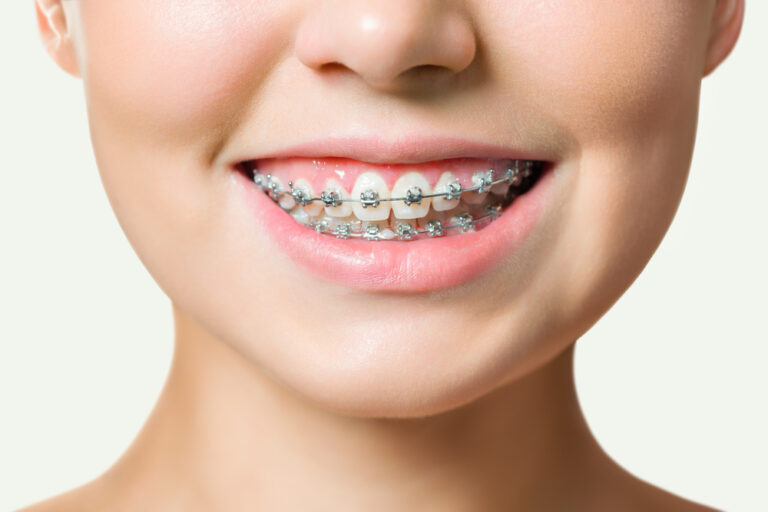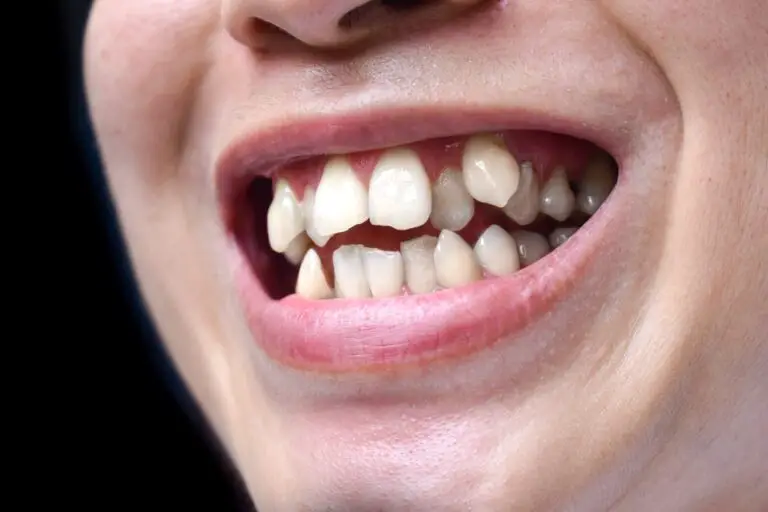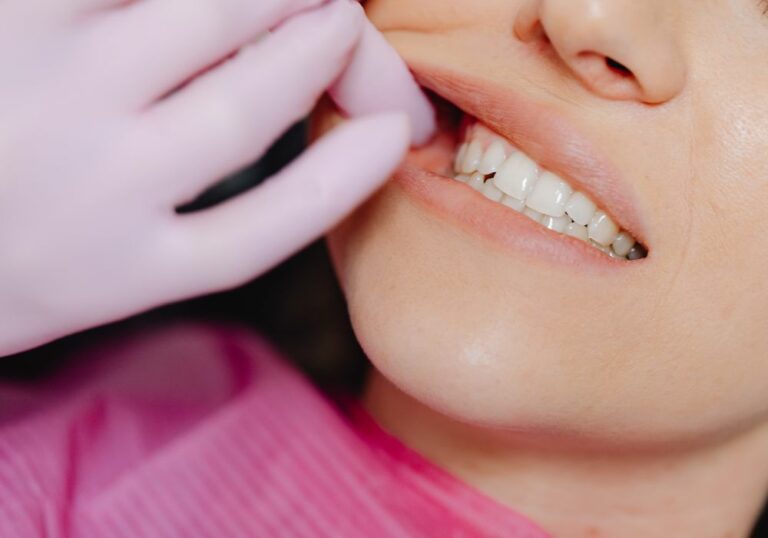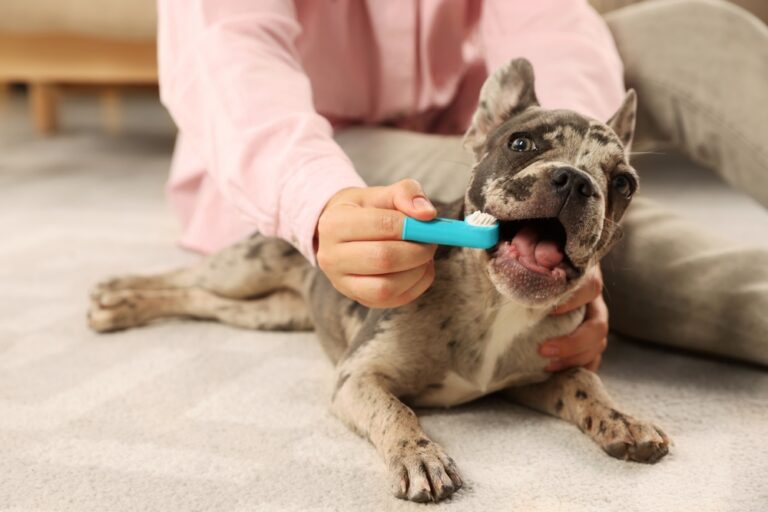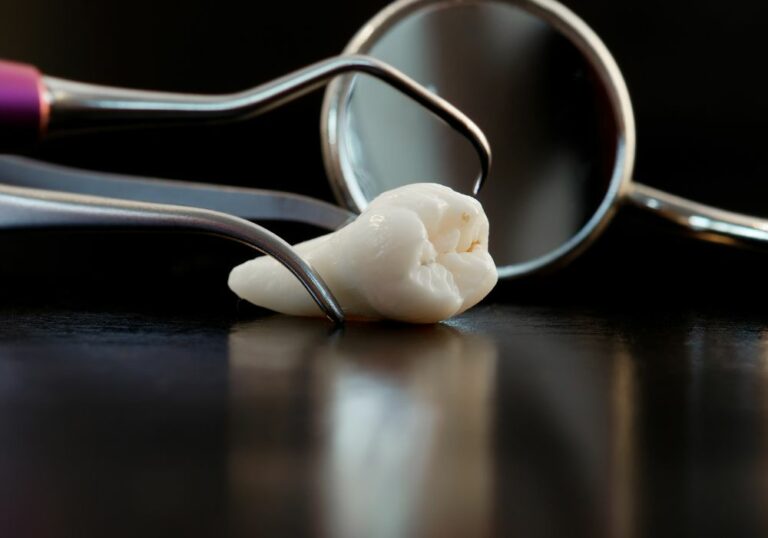A Look at This Quirky Cat Behavior
It’s a familiar sound to many cat owners: that rhythmic chattering or clicking noise when kitty tucks into a meal. While this teeth chattering may seem peculiar, it’s actually quite normal feline behavior. Keep reading to learn all about why cats chatter their teeth when they eat and whether it’s cause for concern.
What Does Teeth Chattering Look and Sound Like?
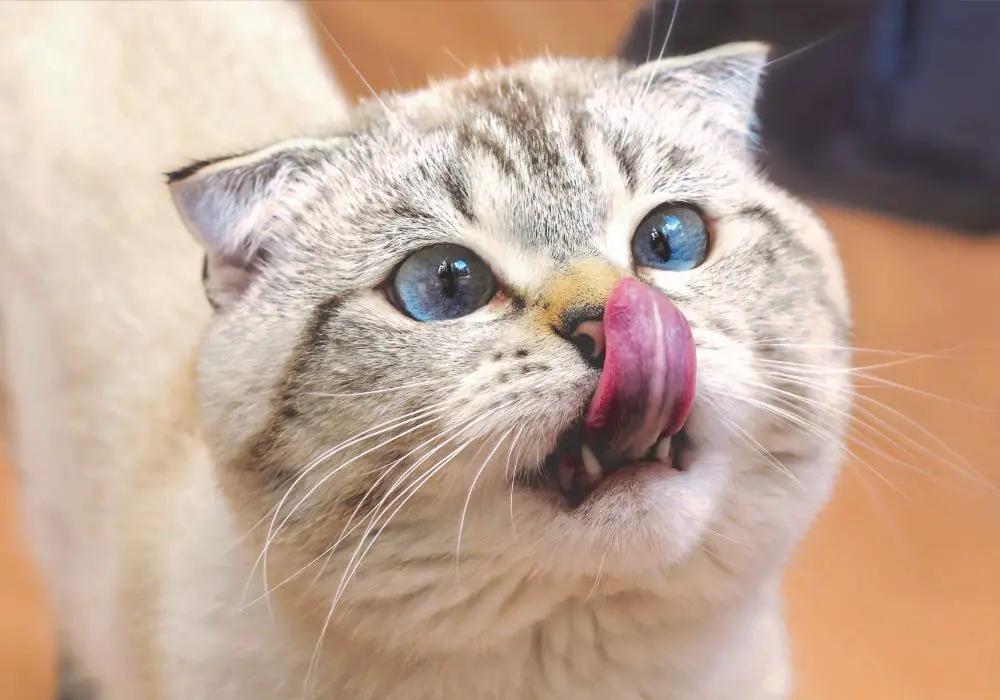
Cat teeth chattering involves the rapid moving of the jaw up and down, producing a distinct clicking or rattling noise. It typically occurs just before or while your cat is actively eating their food.
You may notice a slight trembling of the jaw along with the chatter. It can range from soft to quite loud and forceful. The teeth may lightly tap together or fully clamp. Most often the chattering lasts for several seconds or minutes, starting and stopping intermittently.
Common Causes and Triggers
There are a variety of different reasons a cat may chatter their teeth around mealtime:
- Excitement – The aroma and sight of food often triggers a bout of happy teeth chattering. It expresses your cat’s eager anticipation. This is especially common right before diving into a favorite meal.
- Intense flavor – Unusually strong tastes prompt some cats to chatter their teeth, almost like chewing on the flavor. Even if your cat enjoys the food, new seasonings or flavors may cause this reaction.
- Temperature – Cats dislike when their food is too cold. Teeth chattering after eating straight from the fridge signals discomfort from the temperature change.
- Difficulty chewing or swallowing – Dry, tough, or oversized kibble can lead to frustrated chattering. Dental pain may also cause discomfort when chewing certain textures.
- Teething – Kittens will chatter their teeth frequently while eating as their new adult teeth come in and cause soreness and pain.
- Warning or irritation – Focused chattering while eating may signal irritation at having the meal interrupted. Some cats also chatter to warn off other pets approaching their food.
Is Teeth Chattering Harmful?
For the most part, moderate teeth chattering during meals is completely harmless. As an involuntary reaction to stimuli, it does not hurt cats or pose health risks. In many cases, cats naturally grow out of frequent mealtime chattering as they mature.
However, chronic, excessive chattering could potentially lead to conditions like:
- Jaw joint inflammation
- Tooth damage, cavities, or fractures
- Gum irritation or recession
Loud, constant chattering may be a sign your cat needs their food adjusted or a dental exam to rule out oral pain. But occasional, temporary bouts generally do not damage cats’ teeth or jaws.
Why It Happens: The Purpose and Meaning Behind the Behavior
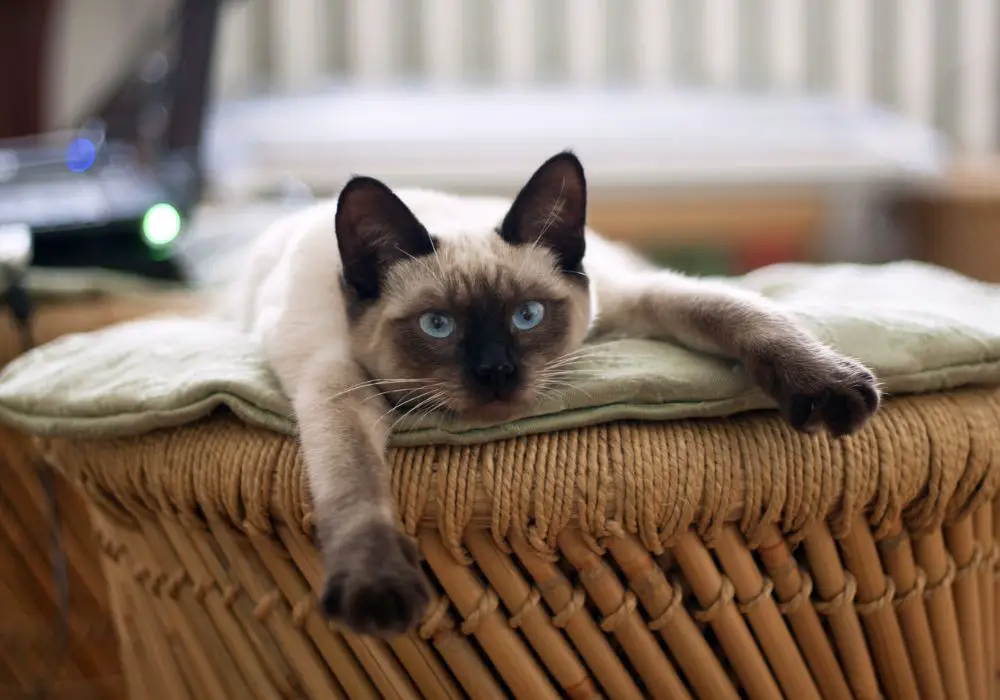
Teeth chattering arises from your cat’s instincts and evolutionary roots. Here is what drives cats to chatter during meals:
Sensory Reaction
Cats have a powerful sense of smell, as well as uniquely sensitive taste buds and temperature receptors. When something strongly impacts these senses during meals, it triggers involuntary reactions like teeth chattering.
Your cat lacks the language to say “Wow, this is delicious!” So chatter is their way of expressing excitement or reacting to intense flavors and temperatures as they eat.
Chewing Difficulty
In the wild, cats need healthy teeth and jaws to catch and consume prey. So teeth chattering can signal frustration or difficulty when faced with food that’s hard to chew or manipulate in the mouth.
This primal instinct persists in domestic cats. Kibble that’s too large or tough elicits irritated chattering due to discomfort or inability to break it down efficiently for swallowing.
Communication
For cats, resources like food are very important. In nature, cats must protect and defend their food from competitors. So behaviors like teeth chattering while eating likely started as a way to warn off other animals approaching their meal.
Modern cats may still use chattering to communicate irritation or reactiveness when a human or fellow pet infringes on their space during feeding time.
Potential Concerns and When to See the Vet
While generally harmless, uncontrolled chattering or chattering combined with other symptoms warrants a vet visit. Be sure to consult your vet if your cat’s teeth chattering is paired with:
- Loss of appetite or reduced eating
- Difficulty chewing or drooling
- Weight loss
- Swollen or inflamed gums
- Bad breath
- Sores or growths in the mouth
- Sudden onset in adulthood
These accompanying symptoms can indicate an underlying dental disease or oral pain issue that requires veterinary attention. Persistent heavy chattering may also eventually cause tooth damage or bite alignment problems.
Puppies and kittens who chatter persistently past teething age should also see the vet to address potential malocclusion or overcrowding issues while the permanent teeth are still developing.
Tips for Controlling Excessive Mealtime Chattering
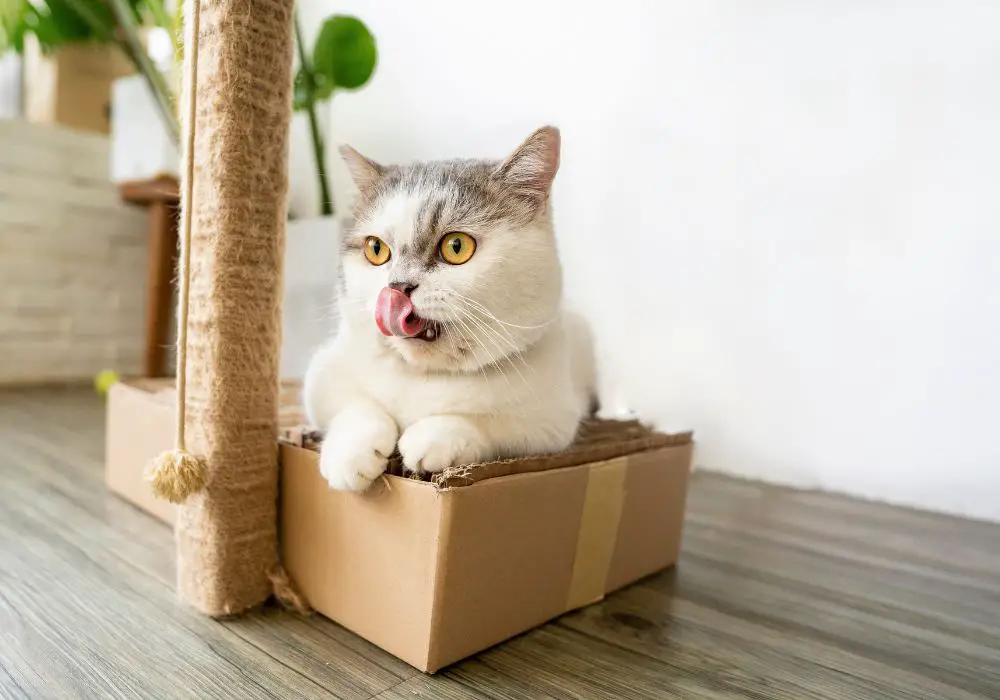
If your cat’s chattering seems frequent or extreme, try these simple tips to help minimize the behavior:
- Serve wet food at room temperature to avoid temperature-induced chattering. Never feed straight from the fridge.
- Switch to softer, easier to chew food. Dental kibble is ideal for cats with sore mouths or jaws.
- Add a little water or low-sodium broth to dry food to soften and enhance flavors gradually.
- Slow down fast eaters with puzzle feeders. This also prevents indigestion from gulping food too quickly.
- Give very excited cats a short play or training session before meals to curb food-anticipatory chattering.
- Provide a quiet, stress-free eating area away from other pets, children, and noise.
- Schedule regular veterinary dental cleanings and address any oral health issues.
When to Worry About Teeth Chattering in Cats: A Quick Summary
- Occasional, short bouts of teeth chattering are normal and harmless. Don’t worry about minor clicking or tapping sounds.
- Monitor for excessively frequent, forceful, or prolonged chattering episodes to prevent tooth/jaw issues.
- Check for other symptoms like gagging, drooling, swelling, or oral pain which indicate problems.
- Kittens may chatter while teething but should outgrow it. Seek treatment if it persists beyond 6-7 months old.
- Sudden, adulthood onset of chattering merits a vet visit to identify causes.
- Address any underlying dental disease, oral masses, or misaligned bites found on exam.
- With patience and minor food adjustments, you can typically curb or stop problematic chattering.
So in most cases, there’s no need to worry about a little teeth chatter during dinnertime. But do pay attention to patterns and contact your vet if something seems amiss. With the right care, you and kitty will be happily listening to nothing but purrs and crunching as they enjoy their meals.

